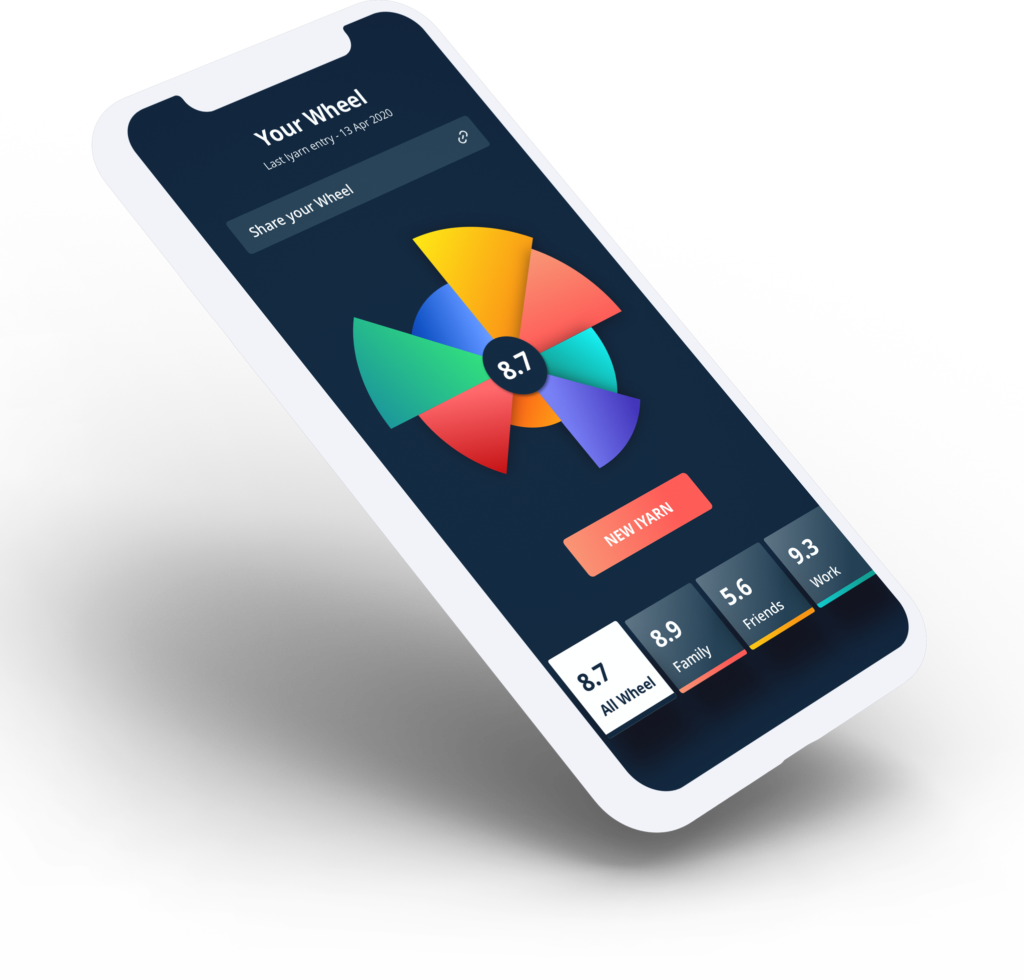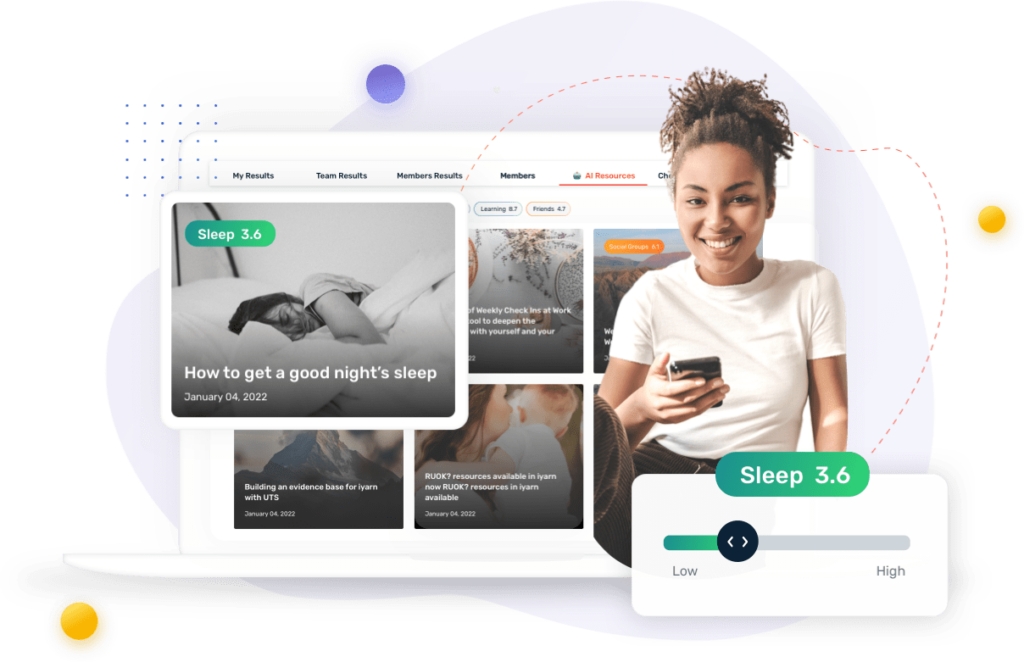Mental Health for FIFO Workers
Do you have someone in your life who is a fly-in, fly-out (FIFO) worker? How do you maintain your connection?
iyarn founder Lockie Cooke has been busy in Kununurra over the last few months, working with the youth community to develop their health services. Kununurra is a small town in far north western Australia.
Lockie took some time out to look at the role of Fly In Fly Out workers in the North West of Australia and some of the challenges they face.

FIFO Workers: Working Away From Home
Kununurra has a large transient population, with many workers in fly-in fly-out (FIFO) roles. Remote Western Australia generally, has a huge population of FIFO workers. The 2011 census revealed that there were 22% more people counted in outback Western Australia on Census Night than usually lived there. That’s 48,000 more people! It is estimated that there are more than 60,000 FIFO workers in WA alone.
Australia-wide, only 1% of workers travelled 500kms or more to get to work. Only 0.5% travelled 1000kms or more. In contrast, in outback Western Australia, almost a fifth of people (19%) travelled more than 1000kms.
With the prevalance of the mining industry throughout Australia, most Australians know a FIFO worker or two. FIFO work involves employing contractors who ‘fly in’ temporarily to a remote location where they’ll work for a set period of time before they ‘fly out’ and return home. They are usually engaged on a roster of a week or two on, then a week or two off.
FIFO can be Tough
The upside? FIFO roles usually pay well 💸 The catch? The nature of FIFO work is incredibly demanding and can be very isolating. This can take a significant toll on FIFO workers overall wellbeing.
In 2018, the WA Mental Health Commission studied the mental health impact of FIFO work arrangements, including a survey of 3000 FIFO workers. The findings across all of sources of evidence were remarkably consistent – FIFO workers have a much greater risk of mental ill health. One third of the 3000 FIFO workers surveyed experienced high or very high levels of psychological distress.
To make the most of a FIFO workers time on the job, the days are usually long and intensive. Feelings of isolation can be exacerbated by a feeling that there is nobody to talk to. The long days coupled with rotating rosters can make it difficult to form lasting connections with colleagues. Socialising (and coping) as a FIFO worker often involves alcohol and/or drugs.
Everyday Examples
Beyond Blue shared some of the experiences of FIFO workers:
“I have become somewhat of a miserable grump drinking excessively each night and it is having a massive effect on my mind and the way I have been feeling about being away. One of the biggest reasons I started this kind of work again was for the money but it is doing a serious number on me, being away from my wife and family.”
“I work a two weeks on two weeks off roster. I have struggled with the depression of being away for six months of the year and this has badly affected my relationship. I’ve become lazy, unmotivated, progressively more depressed and this has had a negative impact on my relationship with my fiancé and friends.”
Recommendations for FIFO Workers
The Mental Health Commission’s report developed 18 recommendations to mitigate illness, prevent harm and promote thriving in FIFO work. We reckon there’s one of these recommendations that we can all help with; Recommendation 4: address the stigma associated with mental health. Why not check out the report at www.mhc.wa.gov.au, and chat it through with someone who is a FIFO worker, or who has a family member in FIFO work.
There is much to be done to improve the mental health impacts of FIFO work. ARC Laureate Fellow and Director of the Centre for Transformative Work, Sharon K. Parker, states that; “FIFO workers and their families and friends have willingly entrusted their experiences to us. We hope that, by researchers, industry, government, and other stakeholders coming together, we can honour those experiences and lead the way to ensure the mental health and wellbeing of this crucial workforce for the Western Australian economy.”
Support FIFO Workers: Connect with Iyarn
iyarn is a way of connecting with loved ones, friends and colleagues even when you’re separated by great distances or only have a limited time together.

Wherever you are in Australia, you can call 1300 22 4636 anytime and speak with a trained mental health professional via the Beyond Blue Support Service.




